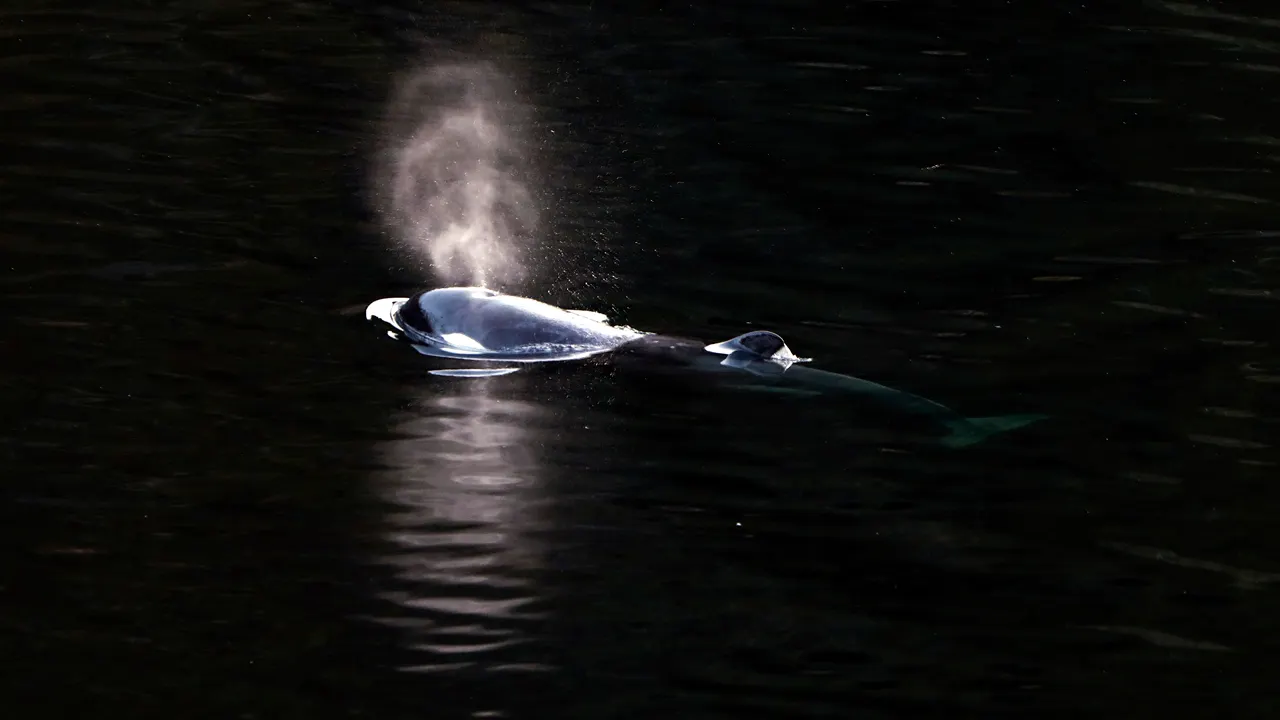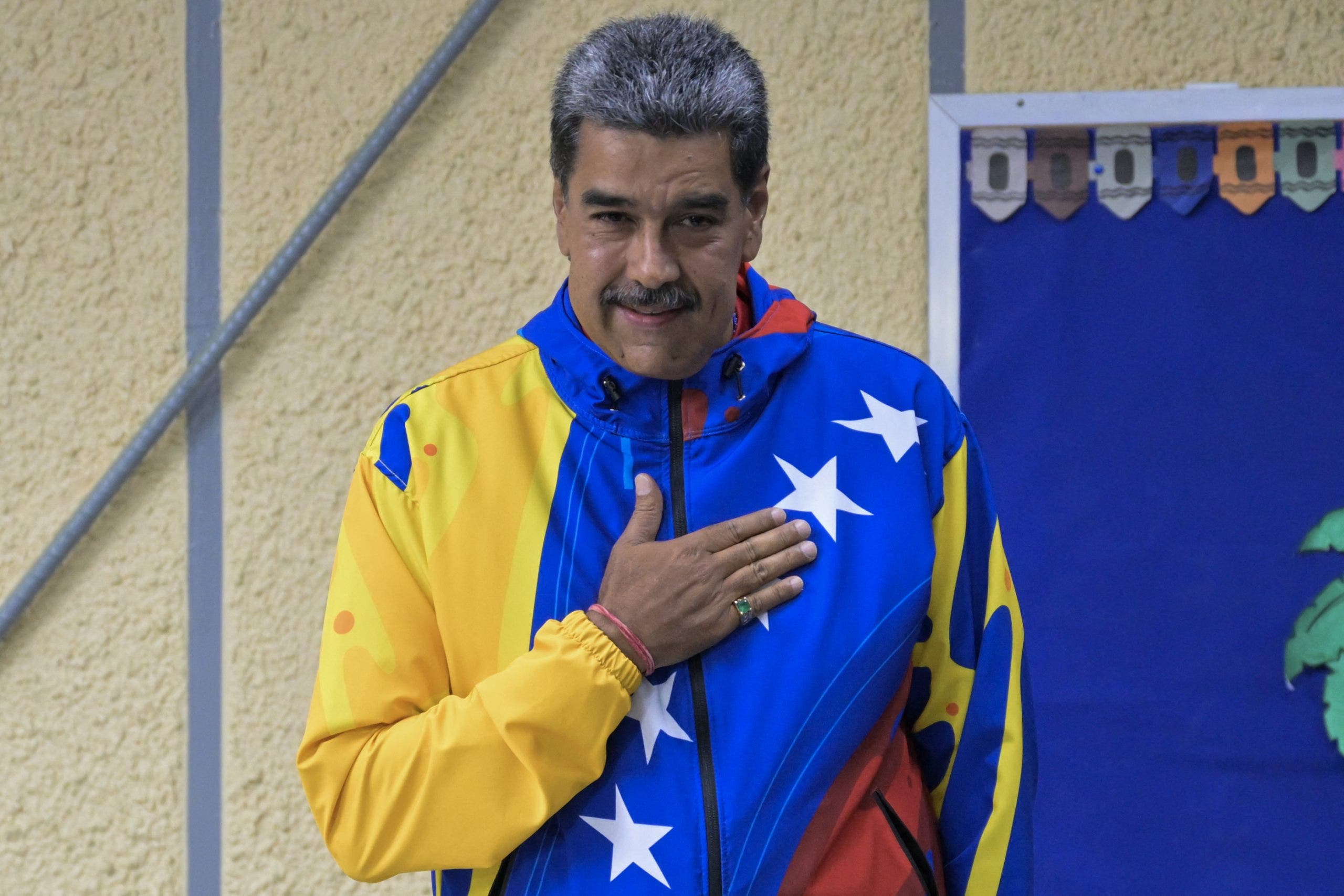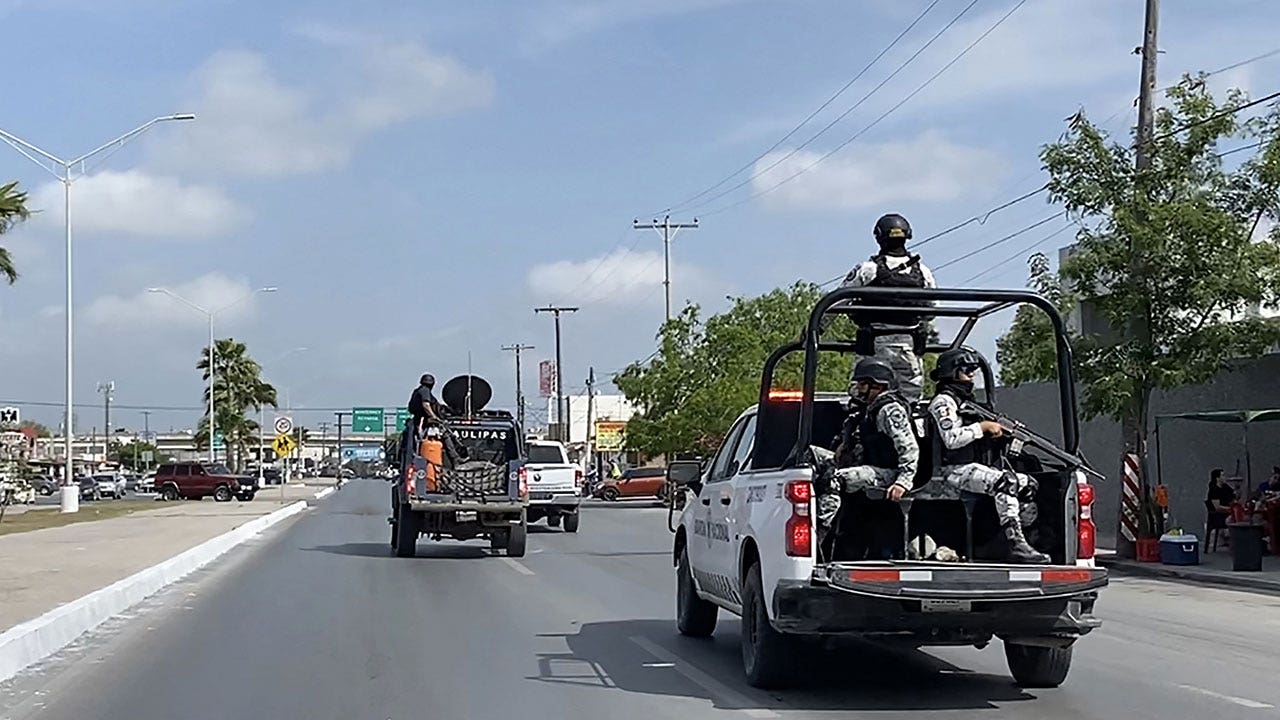As Max got older, his explorations grew more solitary, which led me to a new worry: that his interests were pulling him away from his fellow humans rather than toward them. (To protect his future privacy, I’m calling him by his middle name in this article.) Max was always a shy kid, slow to warm up to new people and content to spend long stretches on his own. The pandemic, which hit when he was 10, didn’t help. Academically, remote school worked out fine for Max, but socially, it added to his isolation. When in-person classes began again, he kept to himself more than ever, quiet behind his mask. At home, with his family, he was thoughtful and funny and quick, telling stories and asking endless questions. But when he got to school in the morning, it was like a curtain came down between him and the world.
A new subject came along in those pandemic years to once again capture his imagination: birds. Who knows why? Maybe creatures that could fly and soar were an appealing notion during endless lockdowns, or maybe birds were just another vast universe for him to map. In Texas, where we live, there are 47 species of warblers alone, each with its own markings and songs and migration patterns to analyze and commit to memory. Max borrowed bird books from the library and lay in bed reading them, absorbing facts and patterns, gathering arcane knowledge. He hung out on nature websites, posting photos and trading IDs with birders many times his age. He walked through fields at dawn, binoculars in hand. Once again he descended (or maybe ascended, this time), and once again I followed him. We spent many weekend mornings together walking beside the lagoons at our local sewage-treatment plant, looking for ruby-crowned kinglets and crested caracaras.
I liked too that bird-watching connected him with other people. Mostly people in their 60s and 70s, sure, but still: people. We joined our local Audubon chapter and went on group hikes through local cemeteries and nature preserves. While everyone else watched birds, I watched Max. When he and I were out in the world together, I felt that it was my job to serve as his translator, speaking up for him when he seemed shy or tongue-tied, nudging him forward when he was hanging back. Among his fellow birders, though, he began to find his own way into conversations, sharing sightings, asking for help with identifications, weighing in on the distinctions between cliff swallows and cave swallows. On the way home in the car, he would talk to me about birds, and I would talk to him about people: why they like eye contact, what questions you can ask them if you want to keep a conversation going. My work as a translator sometimes went both ways.
Over Christmas break when he was 12, Max’s curiosity led him in a new direction: He started learning Russian. I don’t know why he chose Russian, and if you ask him, he doesn’t have a good answer, either. Our family is not Russian. We don’t have any Russian friends. It’s possible that the absurdity of the pursuit was exactly what appealed to him about it. Whatever his motivation, he began practicing on a language app for an hour a day, sometimes more, and by New Year’s, he knew all the Cyrillic letters, every backward R and N. In a few weeks, he could recite simple sentences. My wife and I would walk past his room and hear him repeating Russian phrases into his iPad in a low monotone. It was like living with a 12-year-old spy. He biked to the main library downtown and took out a Russian dictionary, and then biked back a week later for a book of Russian grammar and a history of the czars. Another deep dive was underway.
That fall, Max enrolled in a Russian-language school that met on Sunday afternoons at a Methodist church in Northwest Austin. Apart from Max, the students were mainly children of recent Russian immigrants, and for them and their parents, the school was a way to keep their culture alive in an alien land. Each week their tribe would gather, a few dozen blond, round-faced children playing chess and practicing Russian penmanship, while the parents set up steam tables and sold each other piping hot piroshkis, reminiscing about Moscow winters while sheltering from the blazing Texas sun.






